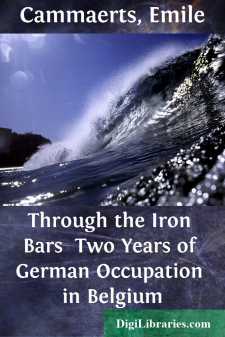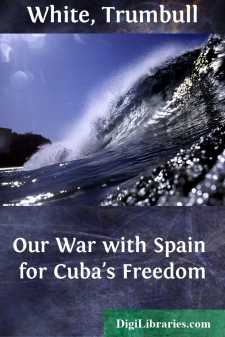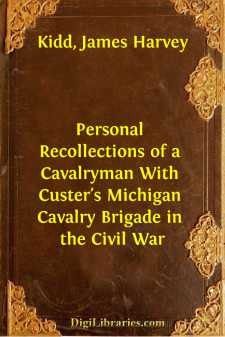History
- Africa 30
- Americas (North Central South West Indies) 50
- Ancient 68
- Asia 58
- Australia & New Zealand 8
- Canada 41
- Caribbean & West Indies 1
- Civilization 20
- Eastern Europe 12
- Europe 310
- Expeditions & Discoveries 60
- General 77
- Historical Geography 1
- Jewish 9
- Latin America 3
- Medieval 8
- Middle East 13
- Military
- Revolutionary 8
- Study & Teaching 5
- United States 353
- Western Europe 56
- World 13
Military Books
Sort by:
by:
George Davidson
DIARY. March 16th, 1915.—After serving for five months as a lieutenant in what was at first known as the 1st Highland Field Ambulance, and afterwards, as the 89th Field Ambulance, I left Coventry, our last station, to do my little bit in the great European War, our destination being unknown. We had heard well-founded rumours that we were going to the Dardanelles, or somewhere in the Levant, and our...
more...
THE "ACTING SUB" He was a very junior young officer indeed when the powers that be first gladdened his heart and ruined his clothes by sending him to a destroyer. A mere sub-lieutenant with "(acting)" after his name, which, as any proper "sub" will tell you, is a sign of extreme juniority. Moreover, the single gold stripe on his monkey jacket was still suspiciously new and...
more...
by:
Emile Cammaerts
I.THE PRISON GATES.The English-speaking public is generally well informed concerning the part played in the war by the Belgian troops. The resistance of our small field army at Liège, before Antwerp, and on the Yser has been praised and is still being praised wherever the tale runs. This is easy enough to understand. The fact that those 100,000 men should have been able to hold so long in check the...
more...
by:
Trumbull White
Information concerning the island of Cuba has been of an exceedingly unsatisfactory character until the search-light of American inquiry was thrown upon it from the beginning of the war for Cuban liberty early in 1895. Although our next-door neighbor to the south, with a perfect winter climate and a host of interesting and picturesque attractions for travelers, tourists had been comparatively few,...
more...
CHAPTER I ARRESTED AS A SPY "Start August First. Book tickets immediately." Such were the instructions I received at Brighton early in July, 1914, from Prince ——. A few days previously I had spent considerable time with this scion of the Russian nobility discussing the final arrangements concerning my departure to his palace in Russia, where I was to devote two months to a special matter in...
more...
EGYPT AND THE SUEZ CANAL The Holy Land has been the scene of war since the dawn of History. Long before Belgium became the cock-pit of Europe, Palestine was the cock-pit of the known world. Here, on the high road between Asia and Africa, were fought the great wars of Egyptians and Assyrians, Israelites and Canaanites, Greeks and Romans, Saracens and Crusaders. With these few square miles are associated...
more...
PREFACE In preparing this book it has not been the purpose of the author to write a complete historical sketch of the Michigan cavalry brigade. Such a history would require a volume as large for the record of each regiment; and, even then, it would fall short of doing justice to the patriotic services of that superb organization. The narrative contained in the following pages is a story of the personal...
more...
CHAPTER I MOBILIZATION AND MOVE TO FRANCE The Division mobilized with its Headquarters at Cork--two brigades in Ireland, namely, the 16th Infantry Brigade at Fermoy, and the 17th Infantry Brigade at Cork, and one Infantry Brigade--the 18th--at Lichfield. Divisional troops mobilized in Ireland. The order for mobilization was received at 10 p.m. on the 4th August 1914. On the 15th August units mobilized...
more...
Life of Rear Admiral John Randolph Tucker A SKETCH OF THE AUTHOR. JAMES HENRY ROCHELLE, the author of the following pages, and the subject of this sketch, was of French-English and Celtic, or Scotch-Irish, extraction—English through his paternal great-grandmother, who was the daughter of Hinchia Gilliam, and his wife (née) Harrison; Scotch-Irish through his maternal ancestry. The name itself...
more...
I. A GENERAL VIEW By the Rev. V. H. Stanton, D.D. The governing idea of this early morning course, which at the present as at former Summer Meetings is devoted to a subject connected with religious belief, is this year the power that Christianity has, or is fitted to have, to unite Christian denominations with one another, and also to unite races and nations, and different portions of that commonwealth...
more...











